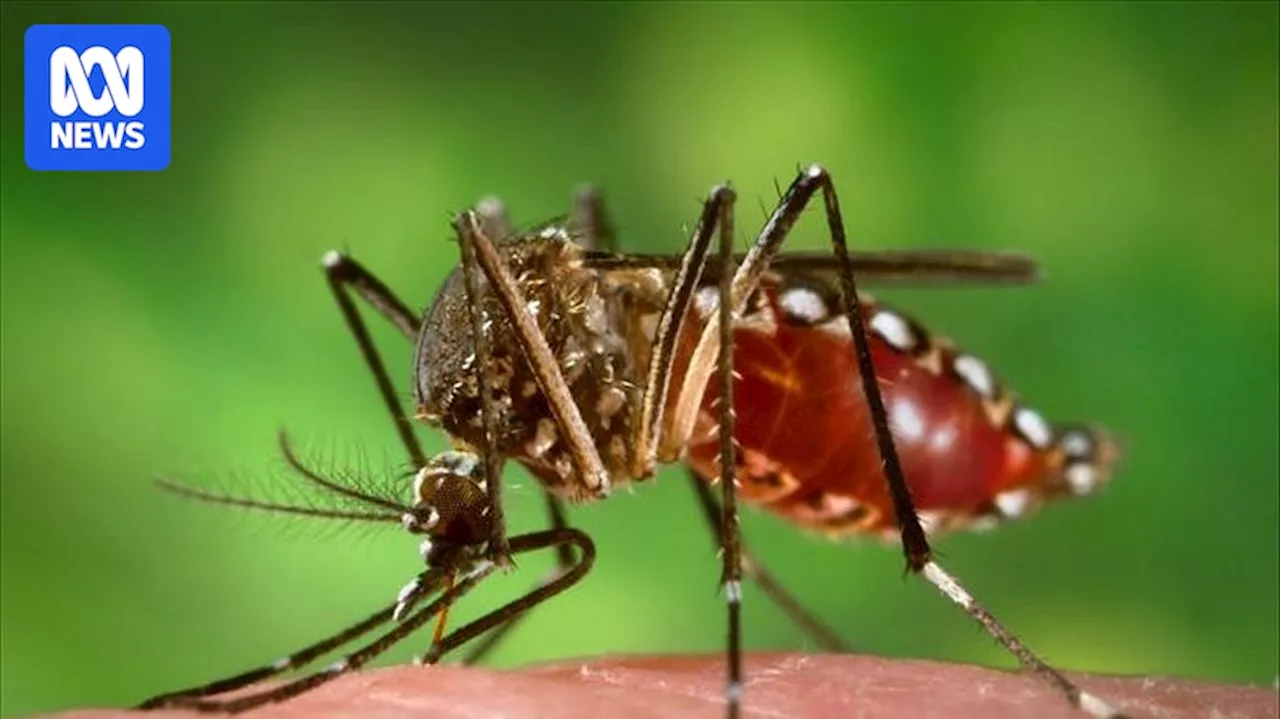A groundbreaking study has identified 697 genetic variants associated with depression, including nearly 300 previously unknown variants. The research suggests existing drugs could be repurposed to treat depression, offering hope for more effective treatments.
Scientists have made a groundbreaking discovery, identifying 697 genetic variants linked to depression, nearly 300 of which were previously unknown. This large-scale international study, involving researchers from the University of Edinburgh, King's College London, and Australia, analyzed genetic samples from 685,000 individuals with major depression and compared them to over 4 million people without the illness.
The findings provide valuable insights into the biological underpinnings of depression and open up new possibilities for treatment. Dr. Brittany Mitchell, a scientist at QIMR Berghofer Medical Research Institute, described the study as the world's largest ever conducted on the genetics of depression. 'What this study's allowed us to do is better understand the biological pathways that are involved in depression and from that we've been able to identify drugs that are used to treat other conditions that target those same biological pathways,' said Dr. Mitchell.The research suggests that existing medications, including several anti-cancer therapies and drugs used to manage daytime sleepiness, pain, and anxiety, could potentially be repurposed to treat depression. Dr. Mitchell emphasized the excitement surrounding this possibility, as it could significantly improve treatment options for a large number of individuals. 'We know these drugs work on the same pathways, but we do need further research to actually test whether that would influence someone's risk of having depression,' she acknowledged. Currently, only about one-third of people with depression respond to antidepressants, highlighting the urgent need for more effective treatments. This discovery offers hope for developing new drugs or matching patients with treatments more effectively based on their genetic profiles.Dr. Mitchell envisions a future where genetic testing could be used to both prevent and treat depression. While this stage is not yet reached, the study's findings pave the way for significant advancements in mental health care. The study's participants hailed from 29 different countries, with a quarter from non-European backgrounds, ensuring a diverse representation of the population. This diversity strengthens the study's findings and their applicability to a global audience. Professor John McGrath, a renowned psychiatric researcher from Queensland Brain Institute, commended the study as 'impressive,' adding to the growing body of knowledge about the genetic predictors of depression. The research underscores the biological basis of mental health conditions, emphasizing that they are as real and treatable as physical illnesses. The findings also shed light on the complex interplay of genetic and environmental factors in the development of depression, highlighting the need for holistic approaches to treatment and prevention
Genetics Depression Treatment Repurposed Drugs Mental Health
Australia Latest News, Australia Headlines
Similar News:You can also read news stories similar to this one that we have collected from other news sources.
 Global Study Uncovers 300 New Genetic Risk Factors for DepressionA large-scale international study has identified 300 previously unknown genetic risk factors for depression, highlighting the importance of diversity in research and paving the way for more accurate risk predictions and personalized treatments.
Global Study Uncovers 300 New Genetic Risk Factors for DepressionA large-scale international study has identified 300 previously unknown genetic risk factors for depression, highlighting the importance of diversity in research and paving the way for more accurate risk predictions and personalized treatments.
Read more »
 Rail network will be hundreds of drivers short on New Year’s EveAnalysis by Transport for NSW predicts planned industrial action will leave the train system well short of the staff needed on Sydney’s biggest night of the year.
Rail network will be hundreds of drivers short on New Year’s EveAnalysis by Transport for NSW predicts planned industrial action will leave the train system well short of the staff needed on Sydney’s biggest night of the year.
Read more »
 Trump and Musk's Dangerous Embrace of Genetic DeterminismThis article criticizes the dangerous genetic determinism espoused by Donald Trump and Elon Musk. It highlights Trump's support for the 'racehorse theory' and Musk's belief in saving humanity through genetic enhancement, arguing that their rhetoric fuels harmful ideologies and ignores the complexities of human nature.
Trump and Musk's Dangerous Embrace of Genetic DeterminismThis article criticizes the dangerous genetic determinism espoused by Donald Trump and Elon Musk. It highlights Trump's support for the 'racehorse theory' and Musk's belief in saving humanity through genetic enhancement, arguing that their rhetoric fuels harmful ideologies and ignores the complexities of human nature.
Read more »
 Genetic Modification Could Help Control Mosquito-Borne DiseasesA new study by Macquarie University researchers suggests that genetically modified male mosquitoes could be used to control the spread of mosquito-borne diseases. The technique, called the toxic male technique, involves modifying male mosquitoes to produce venomous proteins in their semen, which reduces the lifespan of female mosquitoes.
Genetic Modification Could Help Control Mosquito-Borne DiseasesA new study by Macquarie University researchers suggests that genetically modified male mosquitoes could be used to control the spread of mosquito-borne diseases. The technique, called the toxic male technique, involves modifying male mosquitoes to produce venomous proteins in their semen, which reduces the lifespan of female mosquitoes.
Read more »
 Ben Stokes in new injury scare as England toil in third Test against New ZealandEngland captain Ben Stokes suffered another injury setback as his side endured a demoralising day in Hamilton
Ben Stokes in new injury scare as England toil in third Test against New ZealandEngland captain Ben Stokes suffered another injury setback as his side endured a demoralising day in Hamilton
Read more »
 New images show Brazil’s uncontacted people are thriving – but with success comes a new threatUnder the government’s hands-off policy isolated community numbers are growing in Indigenous territories, as is the risk of ‘catastrophic’ contact
New images show Brazil’s uncontacted people are thriving – but with success comes a new threatUnder the government’s hands-off policy isolated community numbers are growing in Indigenous territories, as is the risk of ‘catastrophic’ contact
Read more »
